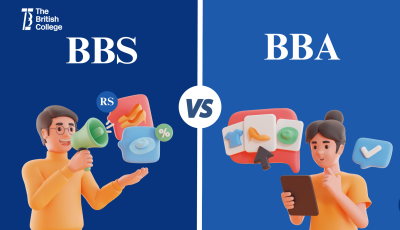Toxic Masculinity: What It Is and How it Can Stop

In Nepali society, it is a sad fact that men are often forced to shut down their emotions. As such their emotional regulations are often strangled with psychological difficulties - which can lead to a wealth of mental health problems, including toxic masculinity.
Toxic masculinity can be difficult for those experiencing it and for those around that person. So here is a guide to help you realise what it is and what you can do to help.
What are the signs of toxic masculinity?
- Needing to show unconditional physical strength
- Being afraid to show emotions
- Exhibiting aggressive behaviour
- Being sexually aggressive and/or violent
- Expressing anti-feminist views and tendencies
- Discriminating against people that are not heterosexual
- Lacking emotional sensitivity
What are some triggers that can cause toxic masculinity?
- The discrepancy in pay between men and women
- The expectancy for them to have high earnings and own nice material possessions
- Mocking a man's height or age
- Any type of harassment (including physical, emotional, mental, cultural and
social) in places such as work
What are some things men can do to improve their mental health?
- Indulge in self-care
- Keep fit and exercise regularly
- Take time to self-reflect and access emotions
- Spend quality time with family, friends and in trusted circles
- Analyse SWC (strengths, weaknesses, and challenges)
- Focus on developing and learning new skills
- Clean and organise personal space
- Make time for hobbies
What are some things that friends and family can do to help a man with their mental health?
- Create a safe space for men to discuss their problems and emotions
- Encourage men to express their feelings and validate them as normal
- Stopping labelling men with stereotypical terms such as “breadwinner” which can contribute to toxic masculinity
- Make an equal division of gender roles at home or work
- Raise children without predetermined or strangled gender roles
- Always ask twice if they are okay
- Prioritise the qualities he has outside of gender stereotypes e.g. strength and wealth
If you or someone that you know is suffering from their mental health, remember that support is always available - whatever gender you are.
So, to talk to someone, call 9801031442 - or click here to book an appointment.









